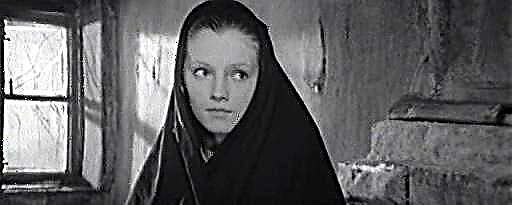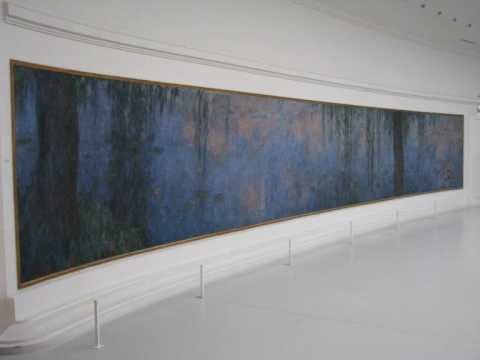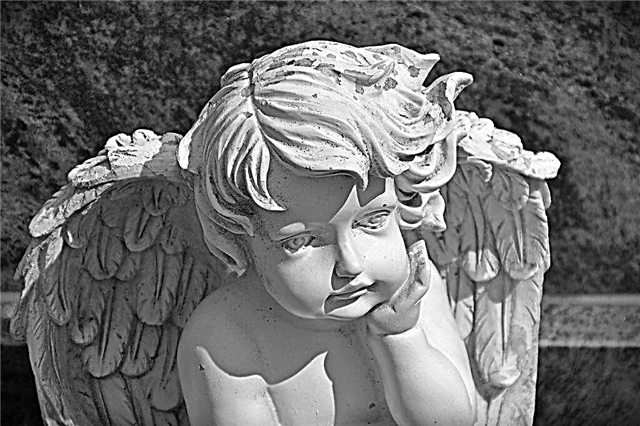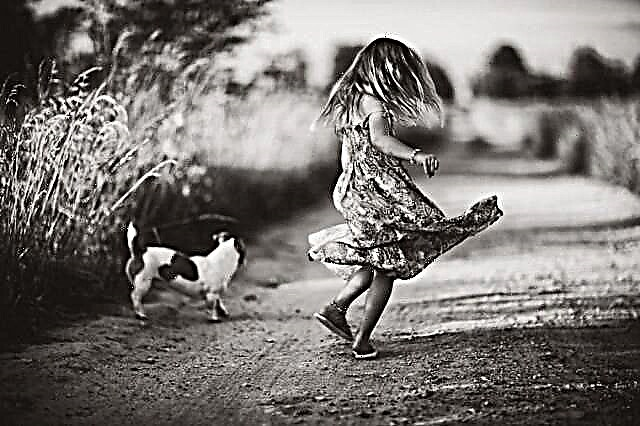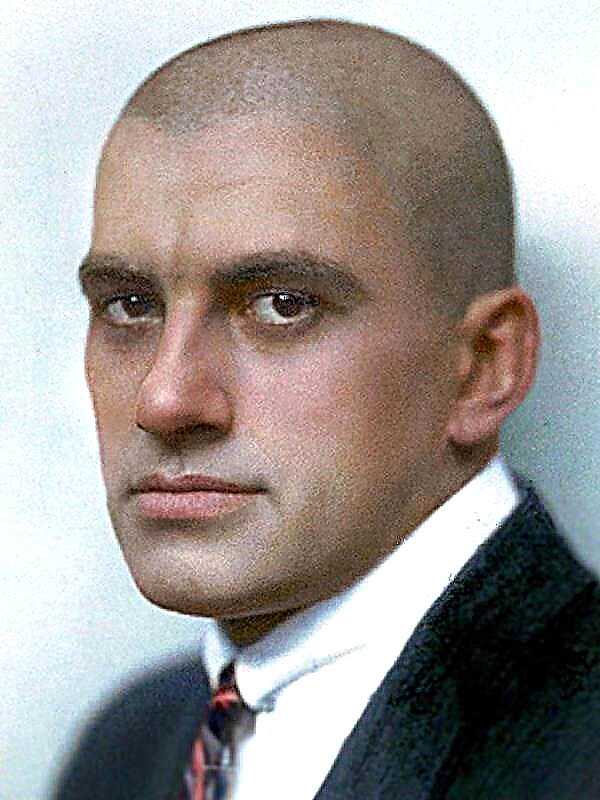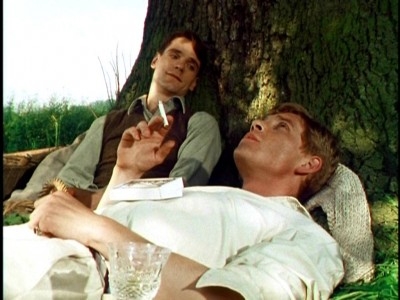Now the OGE is behind us, but new challenges lie ahead. A translated essay on literature, a final essay, an exam in Russian, and for someone in literature. The list of books for the summer will help you successfully prepare for your exams, because you will need arguments from the books. You will score high points if you work, and go to a good institute. You have to read a lot, but it's worth it.
I.S. Turgenev, “Fathers and Sons”
In the famous novel “Fathers and Sons” Turgenev addresses the ideological contradictions of the intelligentsia, the urgent problem of misunderstanding between parents and children. Also, the writer is not indifferent to the theme of love for the motherland, parents and the second half.
The main character of the novel is Evgeny Bazarov. He denies everything that is not confirmed by science. Stubbornly carries nihilism. But life shows that a person is not a robot, and he has a gift and a curse to feel.
Two different worlds collide in the work: old and new, acceptance and destruction. Here is a great analysis of this work.
F.M. Dostoevsky, “Crime and Punishment”
Dostoevsky’s novel “Crime and Punishment” carries the main Christian idea: a person can be saved through falling down, can change, if he sincerely repents of his sins and accepts his cross.
The main character, Rodion Raskolnikov, asks himself: “Am I a trembling creature, or do I have the right?” The author chooses a non-standard structure for a detective novel. The reader knows the killer from the very beginning, but the most interesting part begins after his crime, which you can see for yourself by reading the chapter summary.
This work makes you wonder what people are going to because of poverty, bitterness and pride? Will it benefit them, or plunge them into even greater insignificance? Is it possible to buy world happiness at the cost of blood? We discuss this with the author in analysis of his great creation.
N. S. Leskov, “Lady Macbeth of Mtsensk County”
Leskov’s story “Lady Macbeth of Mtsensk County” tells the story of a woman obsessed with selfish love for a man. She, in order to live happily with him, goes to the most terrible things, which we briefly and accurately described in chapter summary.
The author encourages us to reflect on the fact that not all actions can be done for the good. When a person is ready for brutal deeds for a goal, then the goal will not be achieved - a simple truth.
The author addresses the theme of love, the problem of moral choice and the philosophical question of achieving a goal by any means.
I.A. Goncharov, "Oblomov"
The novel "Oblomov" talks about the life of a lazy landowner. The theme of the work is “Oblomovism”. This is the main vice of the noble society, where people are accustomed to lead an idle lifestyle, and use others for work.
Two worlds collide in a work. Oblomovism in the image of the protagonist, Ilya Ilyich Oblomov, and the pursuit of the success of the hardworking Andrei Ivanovich Stoltz. While the main character "flies in the clouds", his friend makes his own way into life, but becomes a victim of his fuss. How it all ended, you can learn from summary in parts.
You can recall the proverb to this work: “What you reap, you reap.” Here, readers will encounter the problem of an extra person, the topic of imaginary love and the search for the meaning of life. Well, a comprehensive explanation of the author’s intent, as always, is in our analysis of this book.
A. N. Ostrovsky, Thunderstorm
The play touches upon the problem of the fall and torment of conscience. The author explains what the unfortunate marriage of convenience might lead to. Through the union of Tikhon and Katerina, Ostrovsky shows what the spouses need. And we through analysis We show what the ideological and thematic content of the book is.
In drama, there is the problem of fathers and children. Kabanikha - the mother of Tikhon, a widow, assumes all male duties. She is a power-hungry and calculating woman. Her son grew up a spineless man; he did not have his own opinion. It was from such a family that the troubles that Katerina was going through went. You will find their description in action summary.
L.N. Tolstoy, “War and Peace”
The epic novel “War and Peace” is a treasure trove of arguments for compositions, but also a very complex work that needs special attention. And we showed it by writing quality epic novel analysis.
It expresses historical memory, as it tells of the war of 1812. The work has a love for the motherland, a person’s responsibility for the life of others, the eternal problem of fathers and children, upbringing, self-sacrifice, the impact of art on a person, the role of childhood in becoming a person, moral choice, heroism, the search for the meaning of life, and many others. You can read shortest content of the novelto see this, or see a more detailed retelling in parts.
A.P. Chekhov, The Cherry Orchard
Chekhov's comedy “The Cherry Orchard” talks about Ranevskaya, who has no money. She needs to sell the estate, but she stubbornly does not agree to this act, as she values the past.
The main conflict is a misunderstanding between fathers and children, past and future. The older generation is not ready to destroy the old in order to meet the new. They consciously live in the past. The remaining details are described by us in play analysis.
What will Ranevskaya sacrifice in order to preserve her beloved Cherry Orchard?

